“They grow up so fast.” It doesn’t matter if you’re a parent, have friends and family with kids, or even if you’re a kid yourself — we’ve all heard someone express amazement at how fast children grow.
That’s why it’s important to capture as many precious moments with them as we can. And while our smartphones are a boon to making sure we don’t miss a thing, sometimes you want something that’s a little more special and memorable: a proper baby photo. Or two. Or ten!
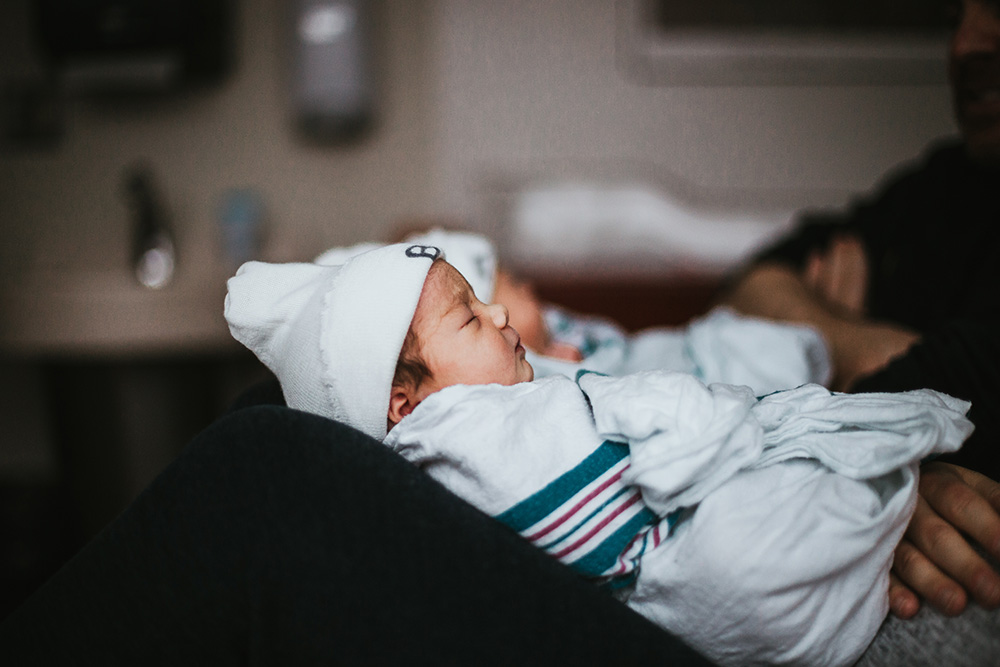
Photo credit to: Jessica Kosmack Photography
You don’t have to be a pro or have professional equipment to take great baby photos. But regardless of whether you’re a pro, a hobbyist or even just a new parent who wants to take your own photos, the following tips are a great guide to ensuring your baby photos turn out perfectly.
1. Natural Light
There’s nothing more important to great baby photos than natural light — good old sunlight, that lights your subject child from above. Fluorescent overhead lights and spotlights that light a baby from different angles will give you baby photos that look, well, unnatural. Natural sunlight will give a beautiful, soft look to the baby’s skin.
With that said, it’s best to avoid direct outdoor sunlight. For one thing, it can cast shadows that are too dark on the baby’s skin, and more importantly, direct sunlight isn’t ideal for babies. Instead, look for big windows that let in a lot of light, and use sheer white curtains as needed to diffuse the light. You can also add a silver or white light reflector to help ensure the baby is well-lit from all sides.
2. Patience
We all want to see those priceless moments where a baby smiles or delivers that timeless baby laugh. But trying to capture those precise moments can be frustrating! Babies are unpredictable, and what makes one child laugh one day — or even one moment! — may not interest them the next.
So be prepared to make silly faces, to dance around and act like a goofball to get that smile. It’s also important to stay on your toes: Once they pass the newborn stage, babies like to roll and move around (and eventually crawl) and at that point you need make sure they’re not rolling out of frame — and more importantly, not rolling off of the bed or other props you’re using. Baby safety comes first!
3. The Whole Family
While photos of baby are precious, capturing the bond between a child and its family — parents, siblings, even grandparents — can be even more endearing. In fact, other children might even feel left out (even if they had their own baby photos once-upon-a-time) while their sibling is getting the star treatment, so including them can make everyone feel important and provide you with some great photos. Kids can be photographed lying or sitting next to their baby sibling, or holding them; some shared toys can make great accessories.
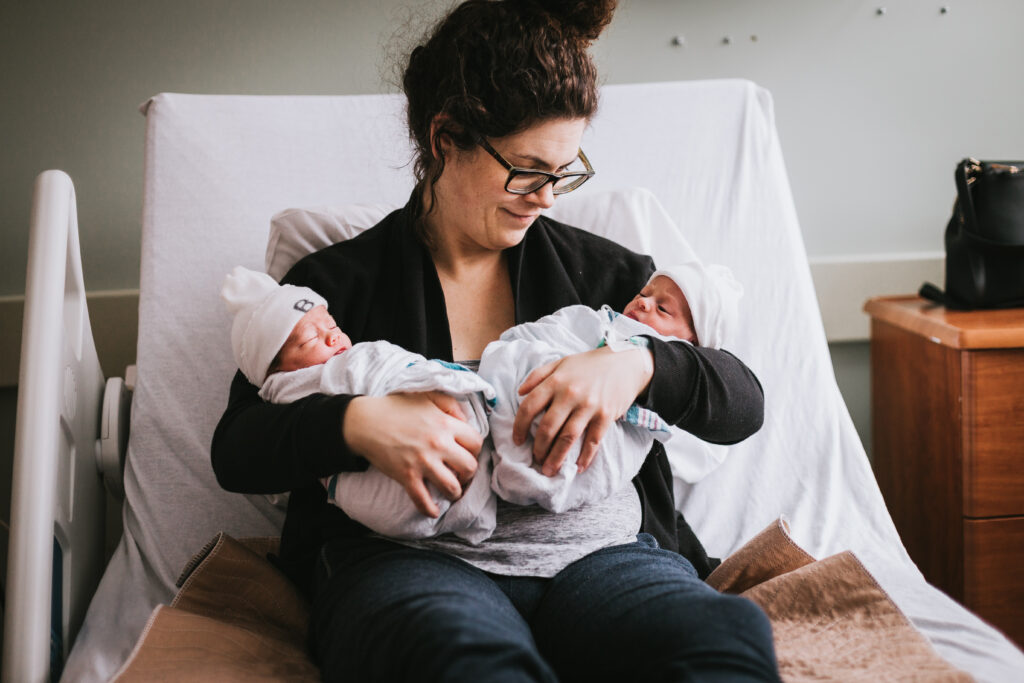
As for parents and grandparents, photos that show contrast and size can be winners. A baby’s smooth, chubby hand next to grandpa’s hand, showing all of his years, for example; or baby, looking tiny and precious, in mom’s hands (shown above). Photo credit to: Jessica Kosmack Photography
4. The Right Equipment and Accessories
In order to capture life’s most precious moments, you’ll need the right camera, lenses and accessories. Here are a few options to get you started:
Camera Bodies
Canon makes some of the best cameras for portrait photography, making them perfect for baby photos. Since babies can move suddenly and unpredictably, you’ll want a model with a high ISO range and fast autofocus.
The Canon EOS 70D has a solid ISO range (up to 12800) and a 19-point autofocus capabilities. On the higher end, the Canon EOS 5D Mark III offers a 61-Point high density autofocus, with an extended ISO range of 100–25600.
Lenses
To pair with your Canon body, you’ll want a couple of Canon lenses to capture different situations.
A standard, versatile zoom lens will help you capture most portraits for baby photography, and is great for everyday use as well. Try and aim for a lower f-stop, such as the Canon EF 24-70mm f/2.8L II USM lens to better capture those sudden baby movements.
For a shallower depth of field that makes your baby stand out against a blurry background, the Canon EF 85mm f/1.4L IS USM lens is ideal. It’ll put the subject front and centre and give a natural feel to the surroundings.
Finally, consider a macro lens to capture those irresistible tiny details: the toes, the eyelashes, the tiny smile. You can’t go wrong with Canon’s EF 35mm f/1.4L II USM lens for close-ups.
Printers
We’re all guilty of leaving too many photos on hard drives and memory cards, but baby photos are one thing you don’t want to leave in digital form. Make some prints, and create a baby book; frame them and hang them up; and give them to friends and family to hang on their fridges!
To make printing at home a snap, Canon has several options including the Pixma Pro-100 and the Imageprograf Pro-1000, both of which we discussed previously.
You can also print standard-sized photos, large prints, photobooks and more at Henry’s Photo Centre.
Accessories
We already mentioned light reflectors; you’ll also need something to keep your camera steady. A traditional tripod is an invaluable tool, but for babies, you may want to be closer to their level — i.e., the ground. Consider a mini-tripod or even a beanbag on which to rest your camera.
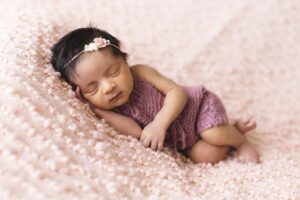
Be careful not to overdo it with the props, though — remember, the baby (and family) should remain the focus of your portraits. Too many props or too elaborate a setup can distract from the main event!
What’s Next:
Also, don’t forget to check out #HenrysSpotlight video below where photographer Farida Alvi talks to us about how using a Canon camera brings out skin tones in her subjects, as well as what it is like working with subjects as delicate as newborn babies.
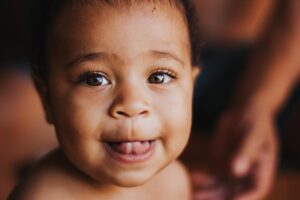





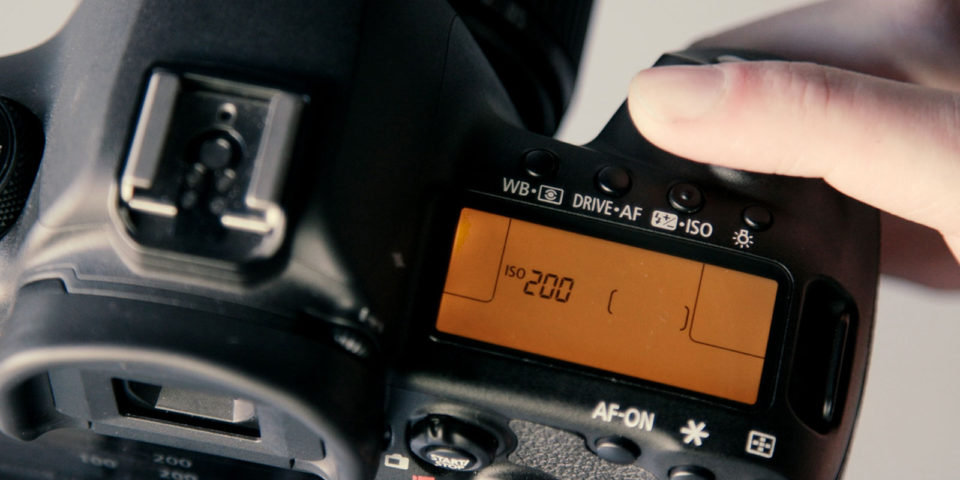
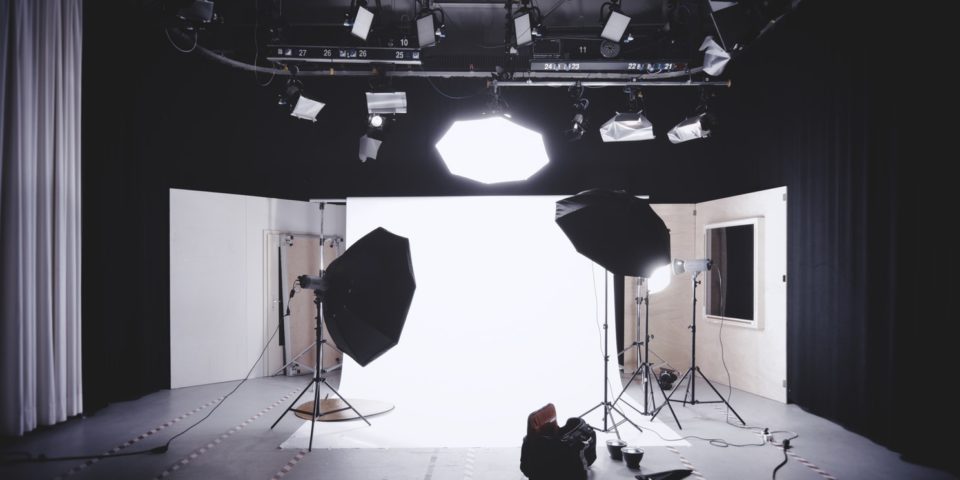
COMMENT (1)
Pingback: How to take your own newborn baby photos | Photography and video news, reviews and tips | Henry's Camera